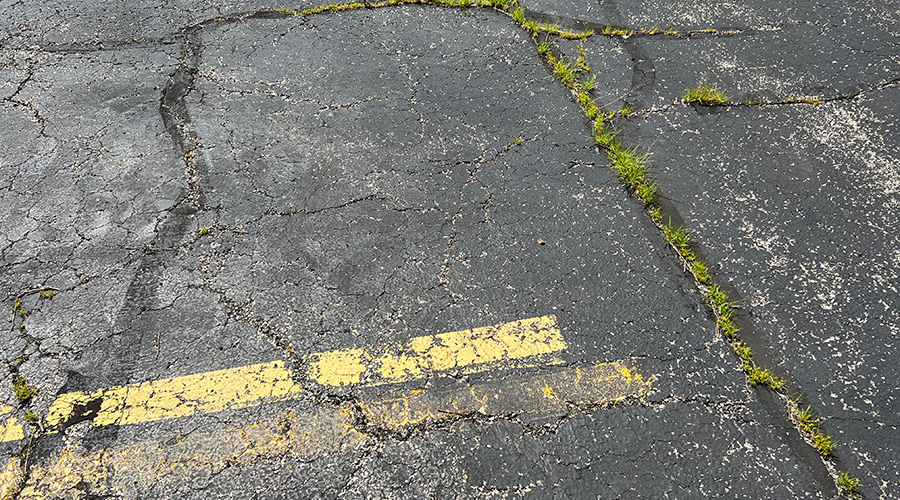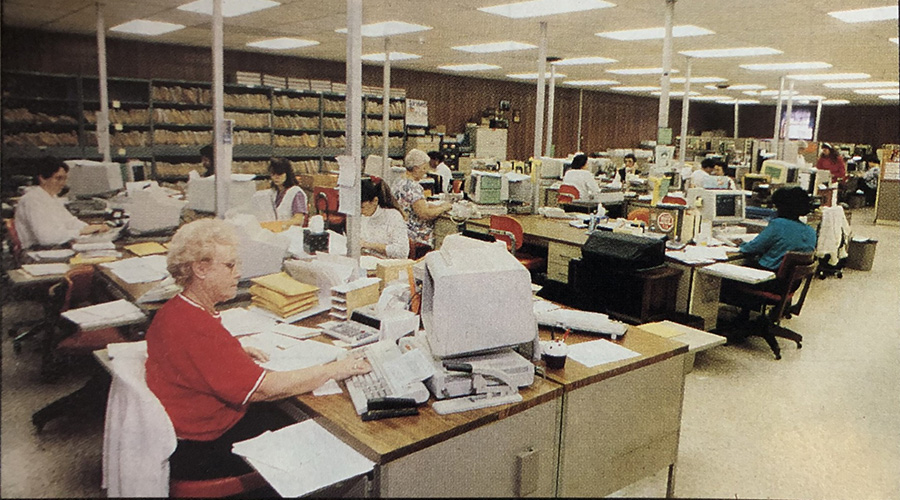Multi-Property Sale-Leasebacks Expected to Rise, New Study Finds
Sale-leasebacks are increasingly taking a new shape as corporations look to reduce ownership of property and increase flexibility, according to a report released by CoreNet Global Experts.
Sale-leasebacks are increasingly taking a new shape as corporations look to reduce ownership of property and increase flexibility, according to a report released by CoreNet Global Experts.
The study also found that portfolio sale-leasebacks, unlike deals for single pieces of property, have many similarities to capital market transactions and should be managed accordingly. Respondents indicated that capital market expertise is important for the sellers as private investors, pension funds and REITS, among others, represent more than 30 percent of the buyers of large portfolios of property.
"More and more, companies are choosing to conduct one transaction and get rid of thirty pieces of property, rather than 30 transactions to dispose of 30 pieces of property," says Eric Bowles, Director of Global Research for CoreNet Global, the Atlanta-based association of workplace and corporate real estate executives.
Respondents expect the quantity of space owned to decrease as leasing becomes more prominent, the study says. The study predicts that 6 percent of property will shift from owned to leased property over the next five years. Among the sample surveyed, 52 percent of property is currently owned rather than leased by companies.
"While a 6 percent shift may seem small in percentage terms, in reality it's a tidal shift,” says Bowles. “Translated, for our members that's $72 billion out of $1.2 trillion worth of real estate being sold and leased back in the commercial real estate market over the next five years."
The study indicates that the driver of the surge of sale-leasebacks is respondants’ need to maximize the value of assets, free up capital for the core business, reduce real estate surplus and vacant space and increase flexibility.
The report also finds that nearly 50 percent of companies have experienced the "hostage effect," of being forced to pay a premium to market when the lease expired on a previously owned property. This finding reinforces the need for sellers to account for flexibility to extend and shorten leases when structuring a sale-leaseback, according the report.
The study surveyed 29 top corporate real estate professionals from Fortune 500 firms, their global equivalents or service providers.
Related Topics:











